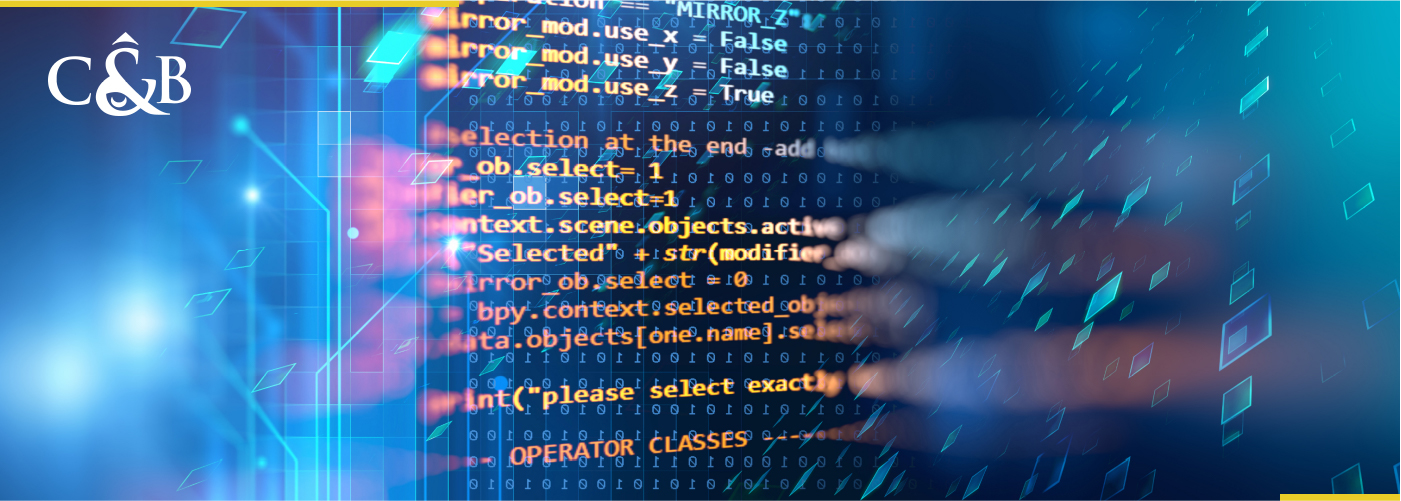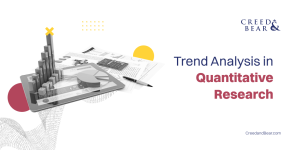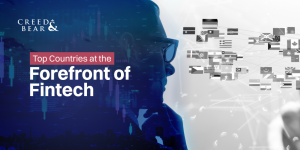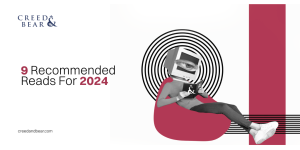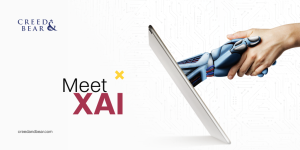In today’s world, algorithms play an increasingly important role in our lives, from suggesting what to watch on Netflix to the music settings on Spotify. They even help us find the jobs that fit our profile on LinkedIn. With algorithm making many decisions for us, are we losing our ability to think critically and independently?
What are Algorithms?
At their core, algorithms are a set of instructions or rules that a computer program follows in order to solve a problem or complete a task. They can range from simple calculations to complex decision-making processes. Algorithms are used in a wide range of applications, from search engines to self-driving cars. They are particularly useful when it comes to analyzing large amounts of data, as they can identify patterns and make predictions that would be impossible for humans to do on their own.
The Rise of Algorithms
Algorithms have been around for decades, but they have become more advanced and pervasive in recent years. They are used in everything from social media to healthcare, and their influence is only growing.
The Impact on Our Thought Process
The use of algorithms is changing the way we think and make decisions. Instead of relying on our own intuition and judgment, we are increasingly deferring to the recommendations and suggestions of algorithm. This is particularly true in areas like entertainment and social media, where algorithms are used to personalize content and suggest new things to watch or listen to.
The Wall-E Effect, Are Algorithms Diminishing Our Critical Thinking?
In the Pixar movie Wall-E, the humans on the Axiom ship are completely reliant on technology to perform basic tasks. From brushing their teeth to exercising, everything is done for them with the push of a button. While this may seem like a far-fetched depiction of the future, the reality is that we are becoming more and more reliant on algorithms in our daily lives. They are designed to make our lives easier, but at what cost to our ability to think critically and make decisions for ourselves? As we rely more on algorithm to suggest what movies to watch or jobs to apply for, we risk losing our ability to think critically and independently. It is essential that we strike a balance between the convenience that algorithm offer and our own ability to think critically and make informed decisions.
The Role of Creed&Bear and Algorithms
At Creed&Bear, we recognize the potential risks and challenges associated with algorithms. While we use proprietary software to help our clients make informed investment decisions, we also emphasize the importance of critical thinking and independent analysis. Our software is designed to complement, not replace, the human element of investment decision-making.
The rise of algorithm has fundamentally changed the way we live, work, and make decisions. While algorithms offer many benefits, they also raise important questions about our ability to think critically and independently. At Creed&Bear, we believe in the importance of balancing the benefits of algorithms with the need for independent thought and analysis. By doing so, we can harness the power of algorithms to make better decisions while maintaining the highest standards of responsibility and ethics.
AI Usage: This article was initially drafted with the assistance of artificial intelligence and subsequently edited to ensure originality and avoid plagiarism. However, in the event that the content inadvertently resembles other works, we do not assume responsibility for any unintentional overlaps or similarities. We invite readers to notify us of any such resemblances so that we can make the necessary modifications in respect and consideration of other authors and brands.
Finance and Trading: The insights and opinions expressed in this blog post concerning trading and market are solely those of the author and should not be interpreted as financial advice. This content is for informational purposes only and does not constitute recommendations or endorsements for any specific investments, securities, or financial strategies. Readers should conduct their own research or consult with a financial professional before making any investment decisions.

